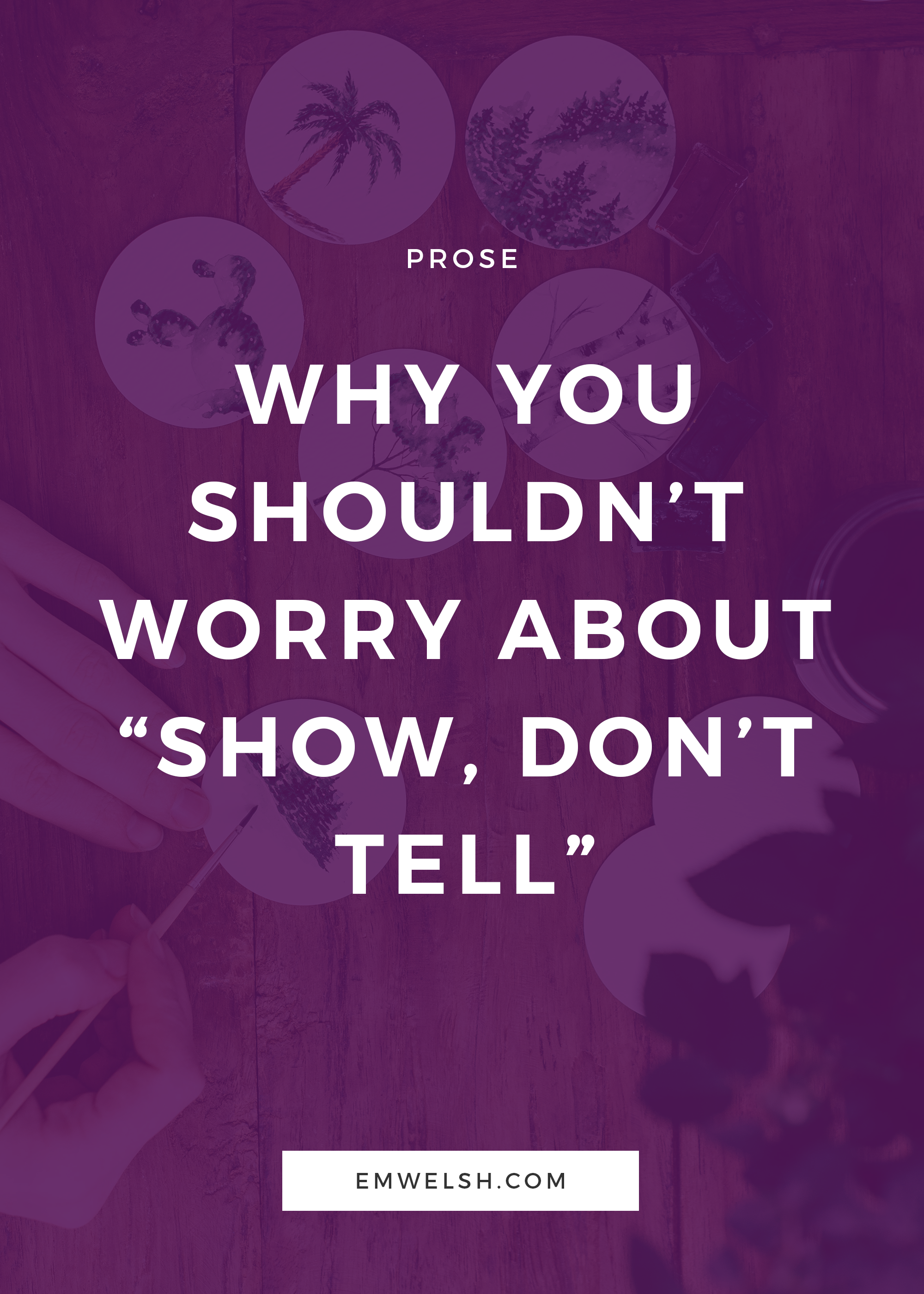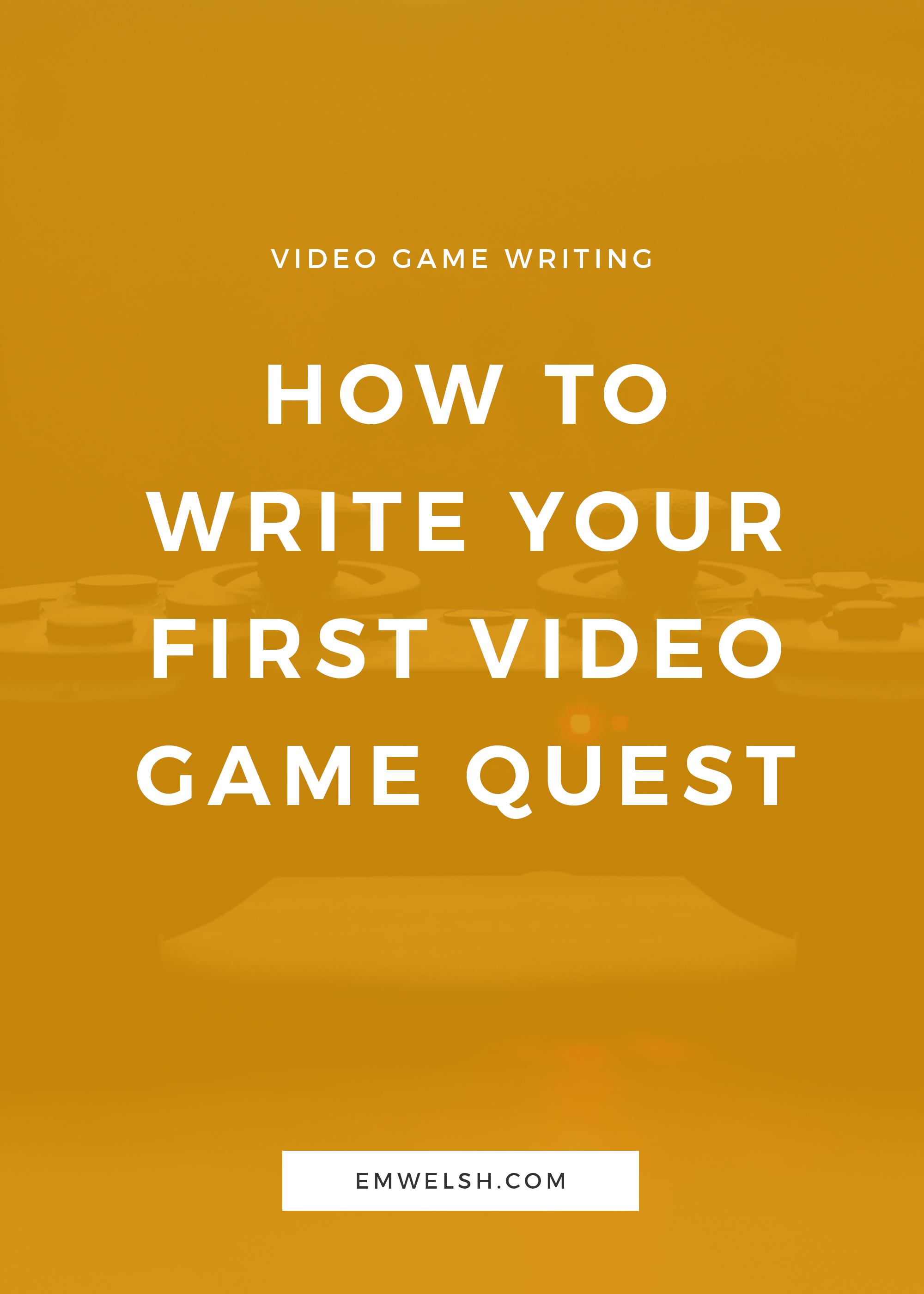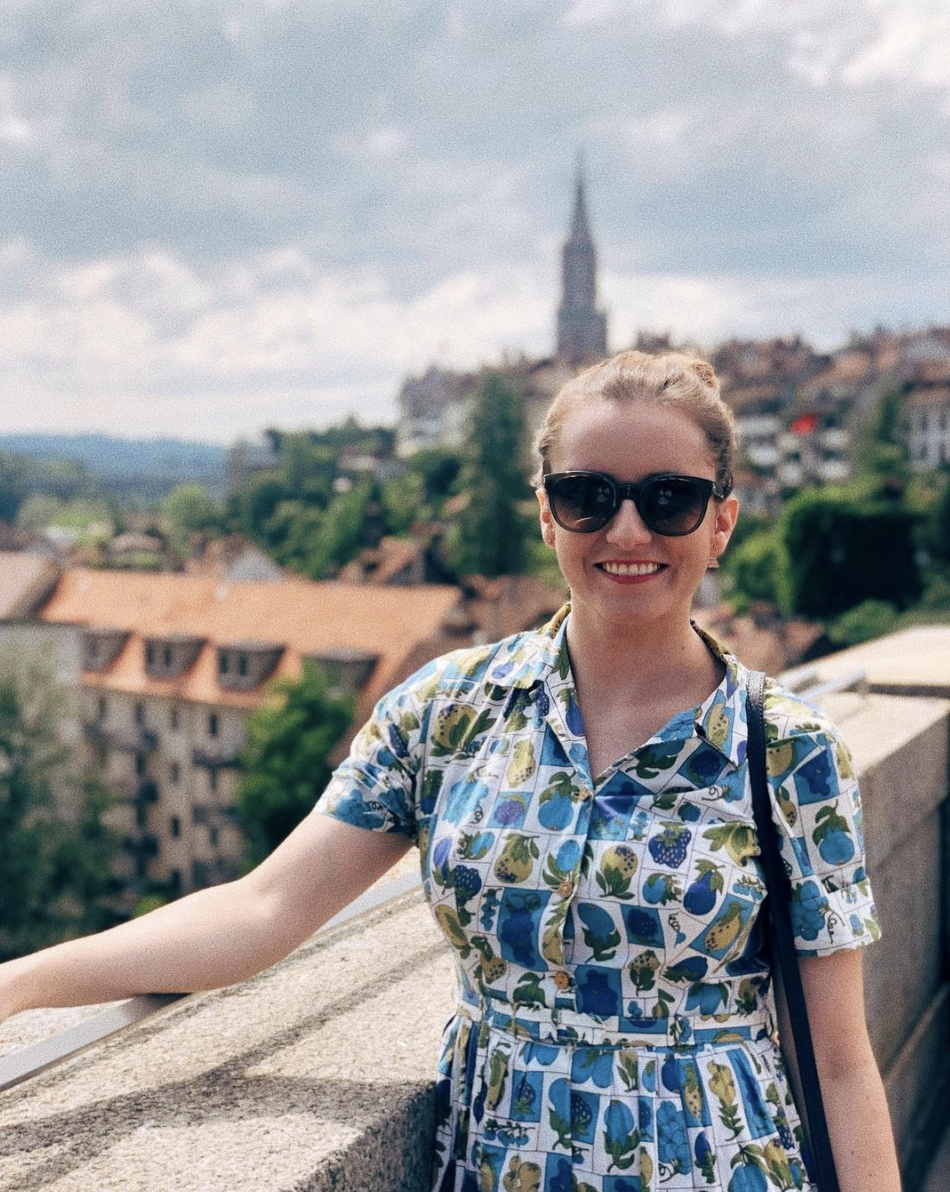How to Discover Brand-New Story Ideas
/In the writing sphere, there's a lot of discussion on how to fix your story or your characters or your plot, but not a lot of discussion on how to find the ideas to tell said stories. Finding an idea can sometimes seem impossible, especially when a teacher or editor is asking for something new.
Read More












